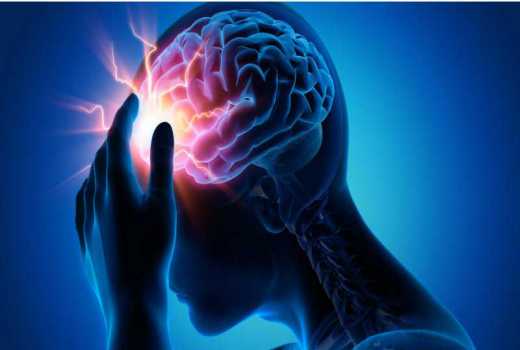
As Kenya joins other countries to mark the International Epilepsy Day, more concerted efforts are needed to enhance diagnosis of the condition and access to effective treatments, as well as minimise prevailing social stigma facing persons with epilepsy.
The day is marked globally every year on the second Monday of February to promote awareness of epilepsy and bring to light the considerable challenges faced by people with epilepsy, their families and caregivers. A photography competition themed ‘Life is Beautiful’, is a highlight of this year’s International Epilepsy Day.